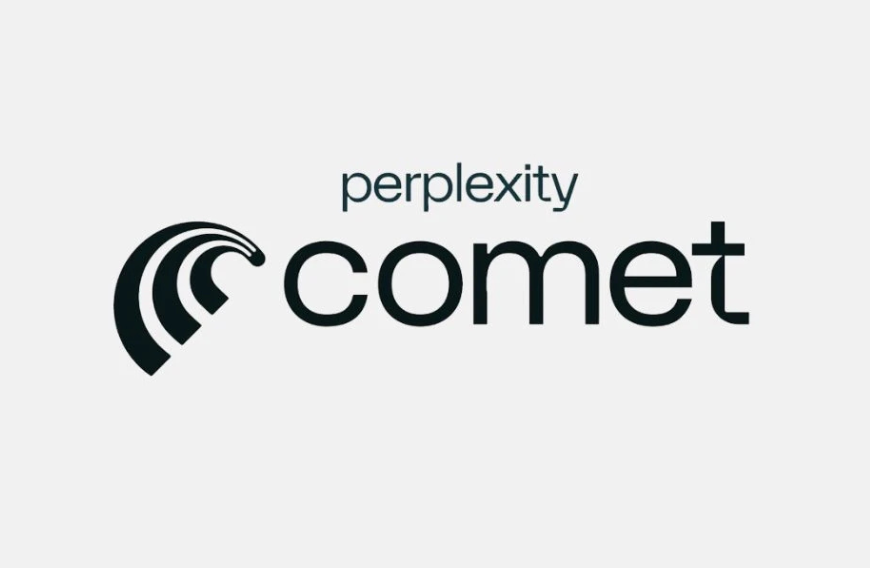Perplexity AI announced Thursday that its AI-driven web browser Comet is now available globally and free for all users.
Perplexity says the Comet browser functions as a personal assistant, capable of searching the web, managing tabs, drafting emails, shopping, and more. The company first introduced Comet in July to its Perplexity Max subscribers at $200 per month, and the waitlist has since grown to “millions,” according to the startup.
By making Comet free, Perplexity aims to draw a larger user base as it competes with rivals such as Google, OpenAI, and Anthropic, all of which have launched their own AI-powered browsers.
Earlier this year, OpenAI introduced Operator, an AI agent that can perform tasks using a web browser. In August, Anthropic launched its own browser-based AI assistant, and Google added Gemini to Chrome in September. In a separate move, Perplexity reportedly made an unsolicited $34.5 billion offer for Google’s Chrome browser in August.
READ: Perplexity launches new Search API to power AI applications (
Perplexity is primarily recognized for its AI-driven search engine, which provides concise answers and links to the original sources online. Following allegations that it had copied content from media outlets, the company introduced a revenue-sharing program with publishers last year.
In August, Perplexity launched Comet Plus, a subscription service offering users content from “trusted publishers and journalists,” according to the company’s blog. On Tuesday, Perplexity announced that its initial publishing partners include CNN, Condé Nast, The Washington Post, Los Angeles Times, Fortune, Le Monde, and Le Figaro.
Perplexity said more features are in development, including a mobile version of Comet and a tool called Background Assistant, which can handle multiple tasks at the same time and operate asynchronously.
READ: Is Google Chrome up for sale? Perplexity’s $34.5 billion bid sparks buzz (
Comet is being positioned as more than a traditional search engine, offering a research-oriented, AI-powered platform designed to boost productivity. The browser includes tools for conducting research, automating tasks, and summarizing information, aiming to serve as a comprehensive assistant for users.
In contrast, Google Chrome remains primarily a general-purpose browser, though it has increasingly integrated AI features. While Chrome now leverages the capabilities of Google’s Gemini AI to enhance the browsing experience, its core function: retrieving information through traditional search engines remains unchanged, with AI acting as a complementary layer rather than a replacement.
Chrome delivers a traditional web browsing experience, prioritizing speed and stability. Unlike newer AI-focused browsers such as Comet, Chrome has historically offered limited AI integration, though it has gradually added AI features over time. Comet, in contrast, uses a workspace model with an AI-powered sidebar, providing a more specialized environment for research, content creation, and professional workflows. Chrome’s tab-based interface caters to a wide audience, maintaining its role as a general-purpose browser while Comet targets users seeking an AI-driven productivity platform.

